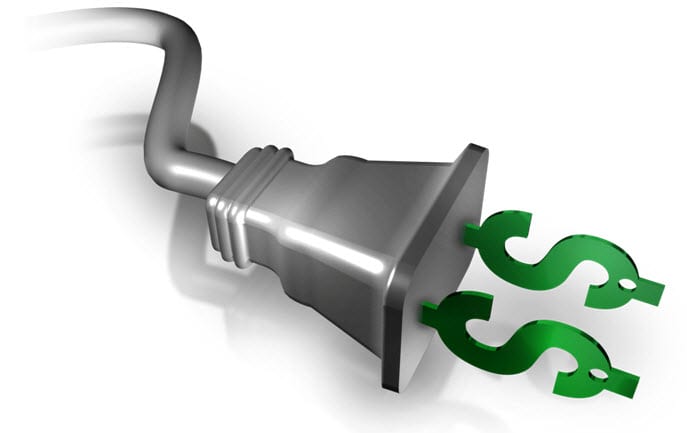
UNED researchers find a way to make affordable fuel cells
July 5, 2012Researchers introduce method to create fuel cell components
A team of researchers from the National University of Distance Education (UNED) in Madrid, Spain, have developed a new technique to create a fuel cell component that allows fuel cells to surpass the 2017 energy standards from the U.S. Department of Energy. Researchers note that the technique can be used with any kind of fuel cell and can be used to economically manufacture the energy systems. The technique is used to create and improve a fuel cell component known as a membrane-electrode assembly (MEA). The team of researchers has tested the technique on a PEM fuel cell with favorable results.
Technique could reduce the cost of fuel cell manufacture
The technique deposits layers of nano-sale electrocatalyst particles over a fuel cell’s electrodes. When they electrodes come into contact with the polymeric membranes found within most fuel cells, they create an MEA. Researchers have found that applying these layers of electrocatalysts has successfully improved the performance of PEM fuel cells. Researchers believe that the use of this technique can significantly reduce the cost of fuel cell manufacture without having a negative impact on performance.
Technique reduces the platinum load of fuel cells
According to researchers, the technique makes use of a small amount of platinum. This platinum is applied to the electrodes of a fuel cell in such a way that it enables them to generate electricity at a rate of 10kW per gram of platinum used. This is above the 8kW per gram of platinum used that had been expected from the U.S. Department of Energy. Researchers suggest that by lowering the platinum load out of fuel cells, they have been able to reduce the cost of the energy systems.
Low cost fuel cells could be more attractive to businesses and consumers
If fuel cells can be made cost effective, they are likely to become a more attractive energy system for businesses and consumers. Currently, platinum catalysts are used in most conventional fuel cells. Because of the expensive nature of platinum, these catalysts account for approximately 30% of a fuel cell’s total cost. The cost of fuel cells is often cited as being one of the greatest challenges facing the energy systems.
Related article(s) and resources:



 With over 15 years of reporting hydrogen news, we are your premier source for the latest updates and insights in hydrogen and renewable energy.
With over 15 years of reporting hydrogen news, we are your premier source for the latest updates and insights in hydrogen and renewable energy.